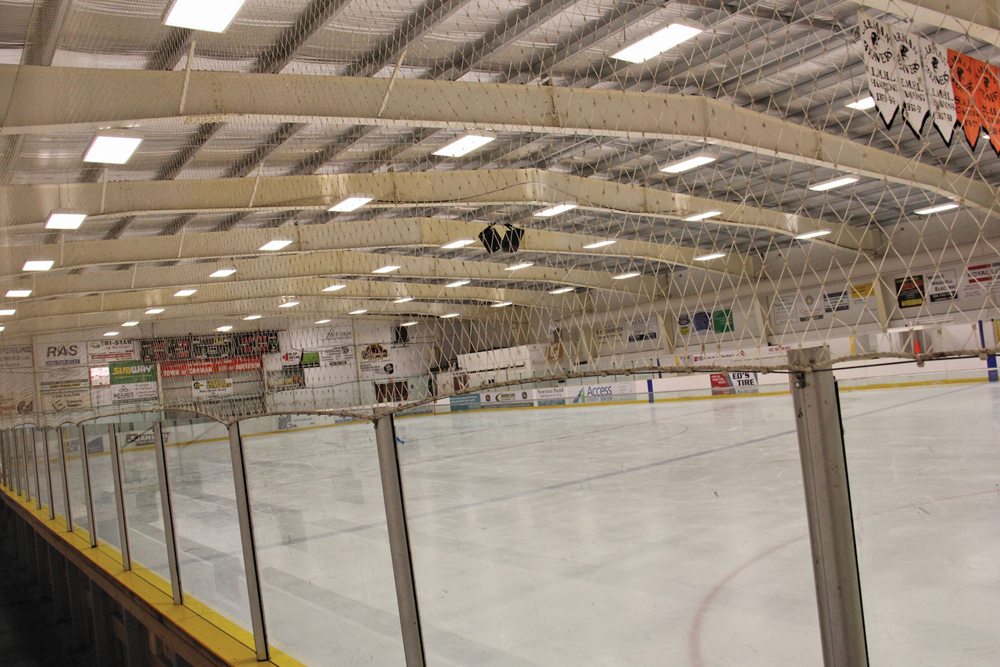A new apprenticeship program will ease a worrisome shortage of water treatment operators across the province.
The new Water and Wastewater Apprenticeship program, which has already begun accepting applications and will start in September, will help build a much-needed pool of qualified employees for hire, municipal officials say.
Some municipalities have struggled in recent years to find adequately trained staff after the province introduced more stringent requirements for training and certification.
The Association of Manitoba Municipalities (AMM) was able to negotiate a grandfather clause in order to recognize existing staff qualifications, but it’s taken some time to get sufficient training in place that’s appropriate to the needs of smaller communities in place, said Joe Masi, the association’s executive director.
Read Also

Giant Canada geese have gone wild in Manitoba
Giant Canada geese are seemingly everywhere and can be fine table fare for local hunters, but 70 years ago, they were borderline extinct.
“It was one of those things where, when the regulation came in, a lot of the things associated around it weren’t thought through,” said Masi.
Adding to the problem was that the new requirements have come at a time when there’s been a fair number of retirements.
“It’s been a little like the shortage of municipal CAOs,” Masi said. “We’re seeing more and more retirements. There’s real need out there in municipalities for these folk.”
More stringent training requirements for municipal waterworks staff followed the Walkerton, Ontario tragedy in 2000, when seven persons died following an outbreak of a water-borne disease.
An investigation revealed serious flaws in the municipality’s drinking water system and raised concerns across the entire country about how public water sources were managed. That’s led, among other things, to demand for more comprehensive training for water operators.
In Manitoba, new legislation was enacted including the Drinking Water Safety Act, the Water Protection Act, and the Water and Wastewater Facility Operator’s regulation.
The AMM helped develop the new program and expects it will attract more people to the trade and improve training for existing operators, Masi said.
“It’s another tool to get more people in the field,” he said.
Another pressing water-related issue in rural Manitoba right now is the need in rural areas for resources to complete rural water pipelines, said AMM rural vice-president Roger Wilson.
Under the National Water Supply Expansion Program, which had helped address the rural water infrastructure needs, many municipalities began but could not complete projects, Wilson said. As a result, there are now a number of partially completed rural water pipelines, which were to serve municipalities under long-standing boil water orders.
The AMM is seeking the establishment of a $15-million tripartite funding program to replace the expired program. The province has already committed to fund one-third of the full capital cost of sewer and waste water projects across Manitoba, and AMM is hoping Ottawa will contribute $5 million, Masi said.
“Then we’d have a pot of $15 million a year to start either finishing jobs or getting in areas that are not serviced.”
———
“It’sbeenalittle liketheshortage ofmunicipalCAOs. There’srealneedout thereinmunicipalities forthesefolks.”
– JOE MASI , EXECUTIVE DIRECTOR AMM


















